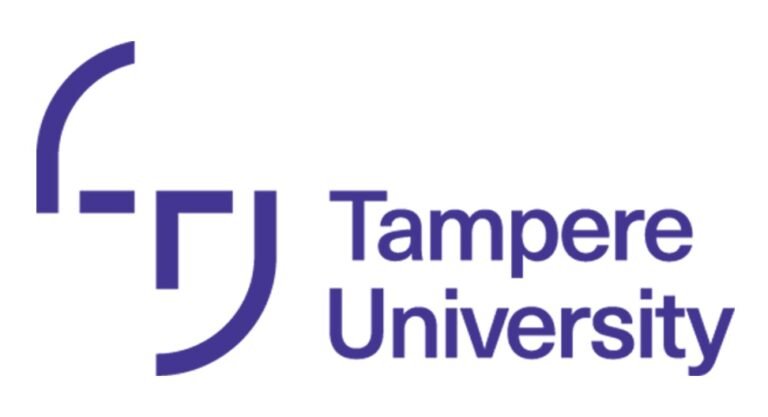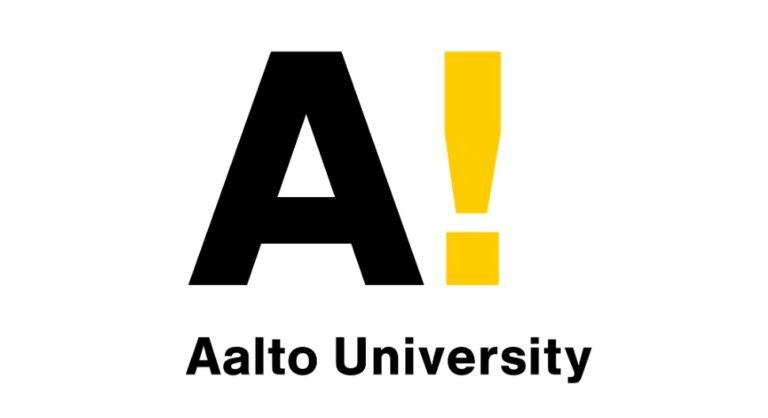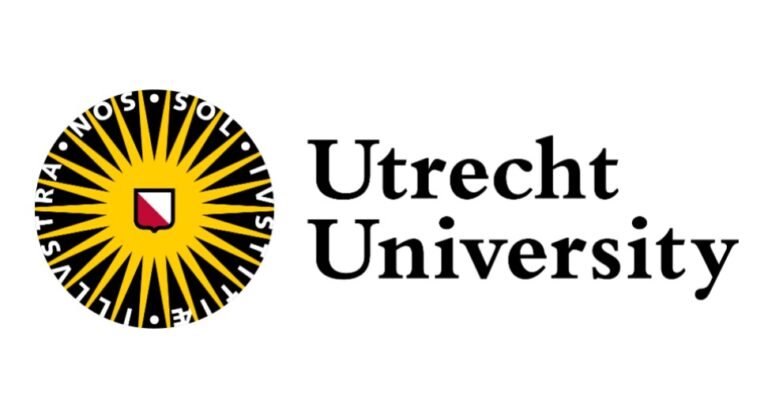Job description
The purpose of the job is to create new knowledge for academia and industry in the field of patient monitoring in hospital settings. The objectives are to study, develop, and evaluate novel optimized, personalized alarms for patient monitoring in hospital settings, utilizing machine learning and explainable artificial intelligence. We address the following research questions:
- How can novel AI/ML approaches combined with rich datasets bring improvements in accuracy, sensitivity, and specificity for multiparameter alarms in (critical) healthcare?
- How can requirements with respect to explainability, as well as regulatory requirements, be taken into account in the development process, and how can they be balanced with performance of algorithms?
The result of the research will be novel algorithms that can be implemented in patient monitoring equipment that reduce irrelevant alarms, but keep relevant alarms with a high sensitivity to guarantee safety.
As a doctoral researcher you will be the main driver for answering the abovementioned research questions. Work will include: developing requirement specifications from technical and regulatory perspective, identification of use cases and data sources; iterative development of algorithms [technical publications on algorithms]; and formal validation and preparation towards uptake.
The results will be disseminated in scientific peer-reviewed journals, international conferences, doctoral network events and events with industry. The tasks of doctoral researchers also include teaching duties that amount to approximately 5% of their annual working hours, unless there are justified reasons to the contrary.
At the universities, the work will be supervised by Prof. Mark van Gils (primary thesis supervisor, Tampere University) and Prof. Tomi Männistö (University of Helsinki). You will also be supported by practitioners in the steering group, including company representatives and postdoctoral university staff members.
The DSII Scale-up Pilot Project requires that the doctoral researcher is ready to participate in DSII meetings also on the campuses of the University of Helsinki and to work in the partner company’s premises in Helsinki when necessary. By participating in DSII events, excursions, meetings and training sessions with your fellow doctoral students, you will both get and provide peer support and make your own contribution to the development of DSII.
Requirements
You need to have an applicable master’s degree in engineering, information technology, computer science, or a related discipline. The position requires:
- Strong knowledge and interest in (biomedical) signal processing
- Strong background in data science, machine learning/AI
Preferably you also have:
- Knowledge of biomedical engineering or health technology
- Knowledge of software engineering
- Excellent collaboration skills in multi-disciplinary settings
You also need to have an enquiring mind, enjoy problem-solving and be able to think independently while also being able to work in a team. A good command of English, both in writing and in oral presentations, is required.
Please note that before commencing the position, the selected candidate must be accepted to have study rights for the Doctoral Programme in Medicine, Biosciences and Biomedical Engineering (DPMBBE) at Tampere University, unless they already have one. Please visit the admissions webpage for more information on eligibility requirements.
Tampere University is a unique, multidisciplinary and boldly forward-looking, evolving community. Our values are openness, diversity, responsibility, courage, critical thinking, erudition/building, and learner-centeredness. We hope that you can embrace these values and promote them in your work.
We offer
The position will be filled for a fixed-term period of four (4) years, commencing in on 1.1.2025 or as soon after that as possible. A trial period of six (6) months applies to all our new employees.
The salary will be based on both the job requirements and the employee’s personal performance in accordance with the Finnish University Salary System. According to the criteria applied to teaching and research staff, the position of a doctoral researcher is placed on level 2-4 of the job requirements scale. A typical starting salary for a doctoral researcher is approximately 2600-2800 EUR per month. The salary increases based on experience and the progress of doctoral studies.
We are inviting you to be a part of a vibrant, active and international research community. Both universities have a strong commitment to the highest level of scientific research and the provision of high-quality doctoral education. The universities as well as the Doctoral School of Industry Innovations support doctoral researchers by offering training and peer support. Doctoral researchers in DSII develop a strong set of skills, enabling them to conduct agile, customer-oriented research, development and business.Tampere University offers a wide range of staff benefits, such as occupational health care, flexible working hours, excellent sports facilities on campus and several restaurants and cafés on campus with staff discounts. Please read more about working at Tampere University.
Tampere is one of the major academic hubs in the Nordic countries and offers a dynamic living environment. Tampere region is one of the three most rapidly growing urban areas in Finland and home to a vibrant knowledge-intensive entrepreneurial community. The city is an industrial powerhouse that enjoys a rich cultural scene and a reputation as a centre of Finland’s information society. For more information on Tampere, please visit here.
How to apply
Please submit your application through the Tampere University´s online recruitment system. The closing date for applications is 24.11.2024 (23:59 EET / 21.59 UTC). Please write your application and all the accompanying documentation in English and attach them in PDF format.
Please attach only the following documents to your application:
- A letter of motivation and description of your research interests (max. 1 A4 page)
- Curriculum vitae according to the TENK template (including the contact details of two referees).
- List of publications
- Degree certificates
- Transcript of records (master’s degree studies).
For further information, please contact:
Professor Mark van Gils (mark.vangils@tuni.fi )






